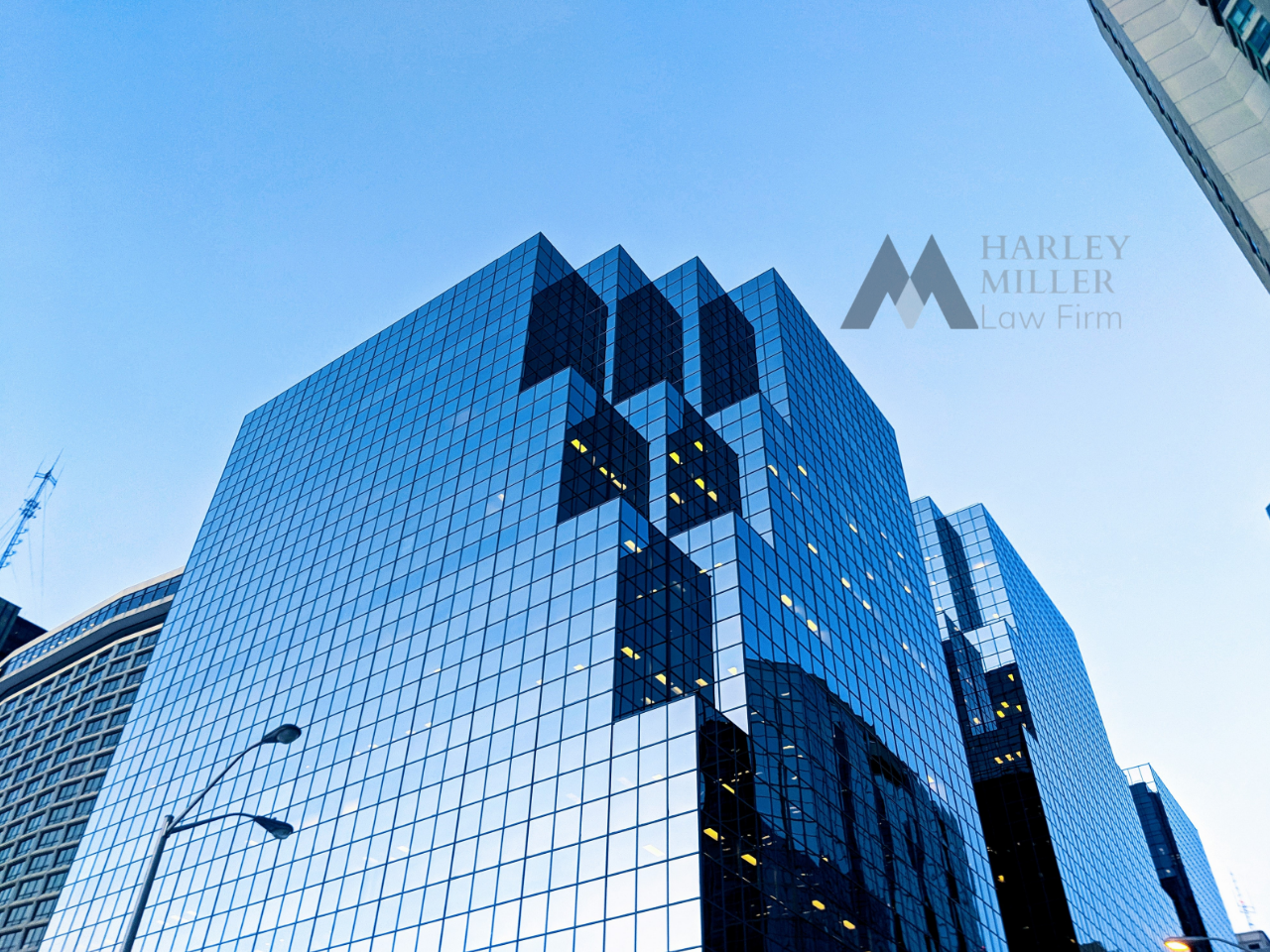Currently, foreign investors can invest in Vietnam in the form of buying shares or buying contributed capital. Is there any regulation in Vietnam’s law that limits the percentage of foreign ownership and contributed capital by foreign investors when making an investment? The following article will clarify the above problem.
Overview
Domestic law or international treaties restrict (or forbid) foreign ownership in particular areas (such as the WTO commitments or FTAs). Vietnam agrees to enable foreign investors to operate in specific economic sectors (for example, film projection services or road transportation services) by establishing a joint venture or a business cooperation contract (BCC) with a capital commitment that does not exceed certain restrictions. In several industries, foreign investors must form joint ventures with a Vietnamese partner. Nevertheless, it is unclear if the ownership restriction imposed in these promises applies solely to joint venture investments or to both joint venture and BCC investments.
Vietnamese businesses seek to register as many business lines as possible. Certain of these business lines (even those that are not essential to the operation) may be subject to a foreign ownership restriction. If a foreign investor intends to purchase a company undertaking several business lines, the foreign ownership must satisfy less than the lowest foreign ownership limit applicable to any of the business lines. The foreign ownership restriction applies not just to the target firm in which the foreign investor has direct interests, but it may also apply to subsidiaries of the target business if the foreign investor has a majority stake in the target company.

Limitations on Foreign Ownership in Non-Public Companies
According to Investment Law 2020 stipulates that the rate of ownership of charter capital of foreign investors in economic organizations is one of the conditions for market access for foreign investors.
A recent Government Decree 31/2021/ND-CP provides a list of 25 business categories in which foreigners are not authorized to invest, including trade in state-monopolized products and services, press business, public opinion surveys, tour company (excluding overseas tours), and so on. Otherwise, Decree 31/2021/ND-CP also stipulates the principle of applying restrictions on market access for foreign investors in which, conditions on market access comply with the provisions of international treaties on investment.

Limitations on Foreign Ownership in Public Companies
For public companies, securities companies, securities investment fund management companies or securities investment funds, securities investment companies in accordance with the law on securities, in case the law on securities. If securities have different regulations on investment ratio, the provisions of law on securities shall apply. As follows:
+ For public companies, the capital ownership rate for foreign investors is 50% according to Clause 1, Article 139 of Decree 155/2020/ND-CP.
+ For securities companies, securities investment companies and securities investment funds, the capital ownership ratio for foreign investors is up to 100% according to Article 77 of the Law on Securities 2019.
More than that, public companies, the limitation on foreign investment is more than for non-public companies:
+ If a public company is a State-owned company that has been equitized, foreign ownership may be limited by the plan approved by the relevant governmental authority at the time of equitisation.
+ A public company can impose a lower foreign ownership cap than those stipulated on Decree 155/2020/ND-CP by specifying such a limit in its charter. However, the General Meeting of Shareholders of such public company must approve for this limitation cap.
Each public company should determine its own foreign ownership limit and report the same to the State Securities Commission (SSC) with supporting documents. The SSC will then confirm the receipt of the complete dossier.

How to determinate the capital ownership rate of foreign investors
The determination of the capital ratio of foreign investors in Vietnamese enterprises takes 3 steps to complete as follows:
Step 1: Determine whether the investment field falls within the scope of the international treaty.
First of all, investors need to determine whether the business field they are interested in is subject to the provisions of international treaties to which Vietnam is a member on the issue of foreign ownership percentage or not. If such an international treaty exists, it is obligatory to comply with its provisions;
Secondly, if the business field in which the foreign investor intends to invest is not covered by the international treaties to which Vietnam is a contracting party. The investor it is mandatory to determine the conditional business line or not.
Step 2: Determine the foreign investment ownership rate limit according to Vietnamese law.
If the business lines regulate by law with the maximum percentage of equity ownership, they must first base themselves on such regulations;
For conditional business lines, investors need to refer to the List of conditional business lines of Vietnam, that the National Portal has been regularly updating
In case a foreign investor operates in multiple industries, it is necessary to determine which industries or professions have regulations on the percentage of foreign investors’ ownership. Among those industries and trades, the foreign investor can choose the industry with the highest capital ownership ratio to invest.
Step 3: Determine the capital ownership ratio of foreign investors according to the company’s charter.
If it is not on the List of conditional business lines or relevant laws not mentioned, the company’s charter can determine the capital ownership ratio.
In case of an unlimited company charter, foreign investors can own up to 100% of the company’s charter capital.
About us
Currently, on the market, there are many service providers related to foreign investment activities. However, with a team of professional, dedicated and experienced legal experts in the field of foreign investment, HMLF is confident to help businesses solve legal problems in the investment field.

Harley Miller Law Firm “HMLF”
Head office: 14th floor, HM Town building, 412 Nguyen Thi Minh Khai, Ward 05, District 3, Ho Chi Minh City.
Phone number: 0937215585
Email: hmlf.vn


